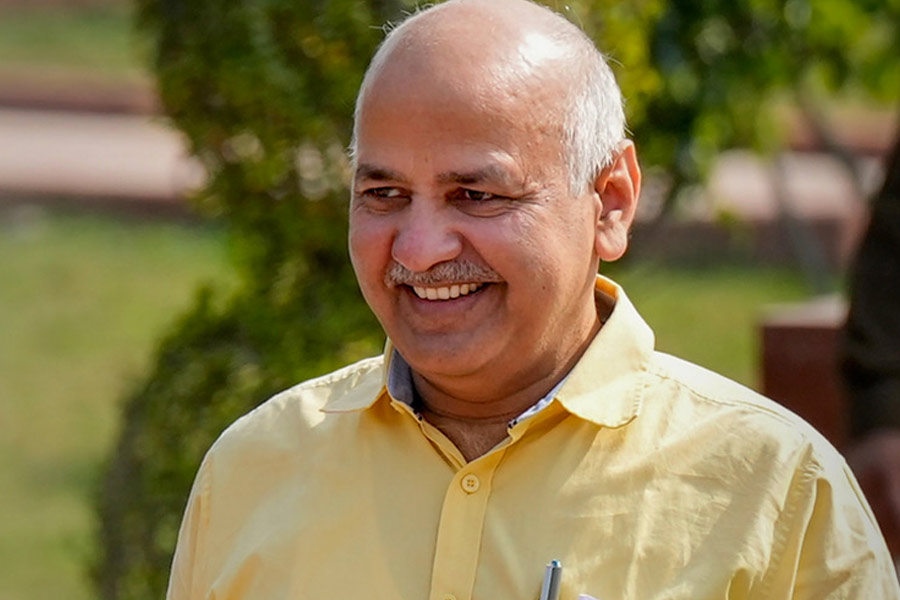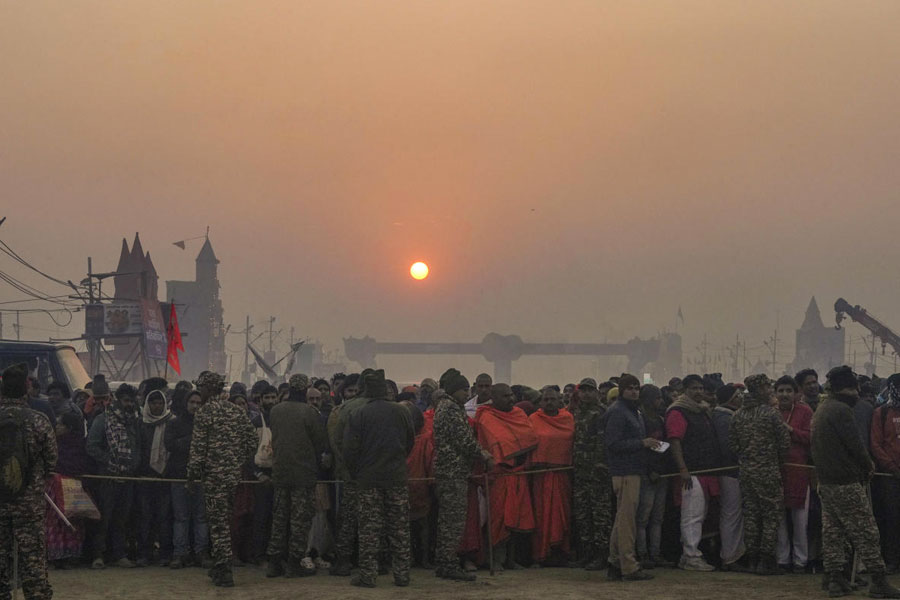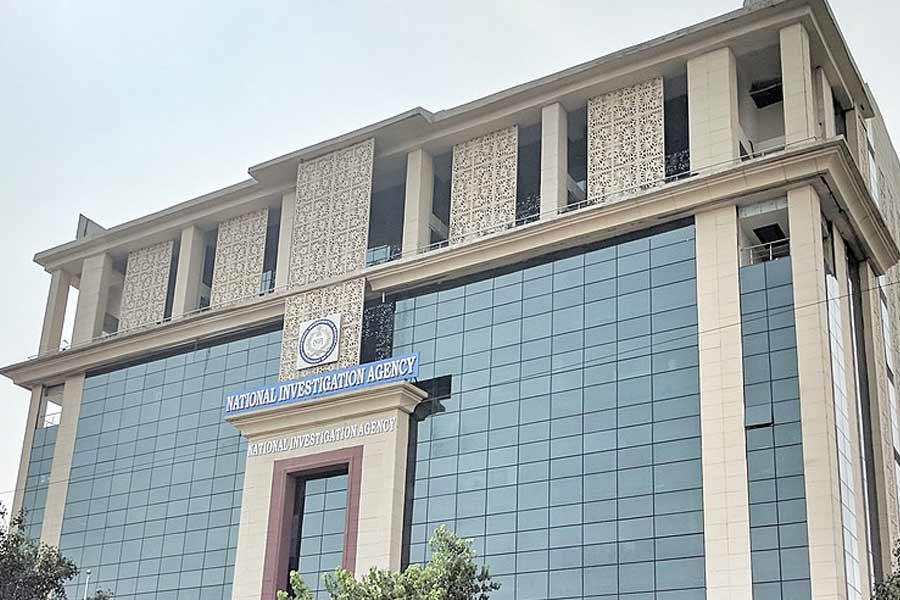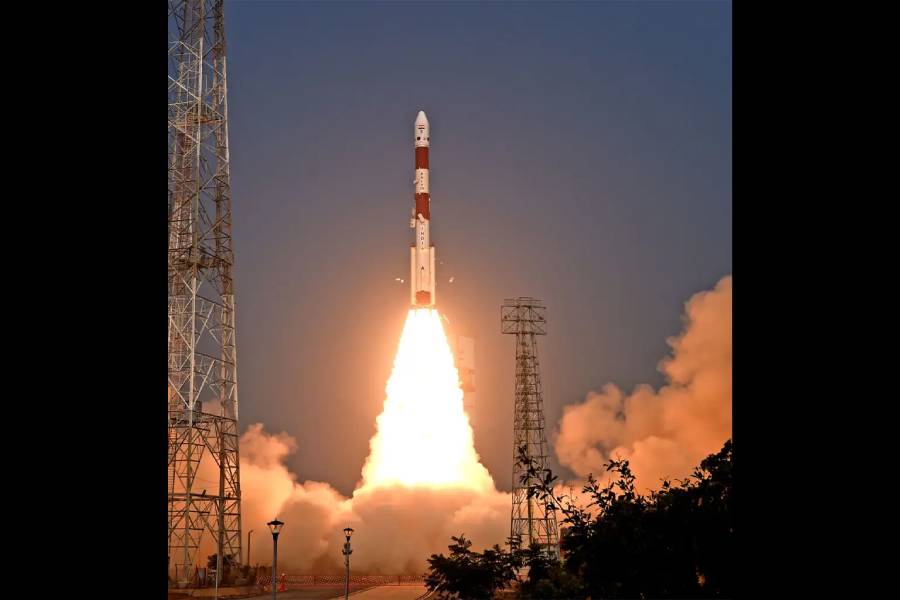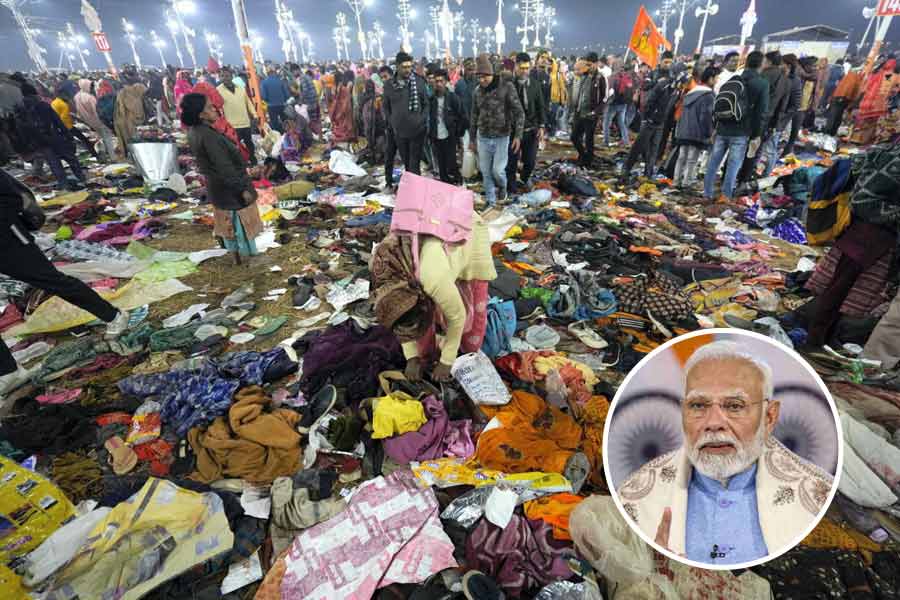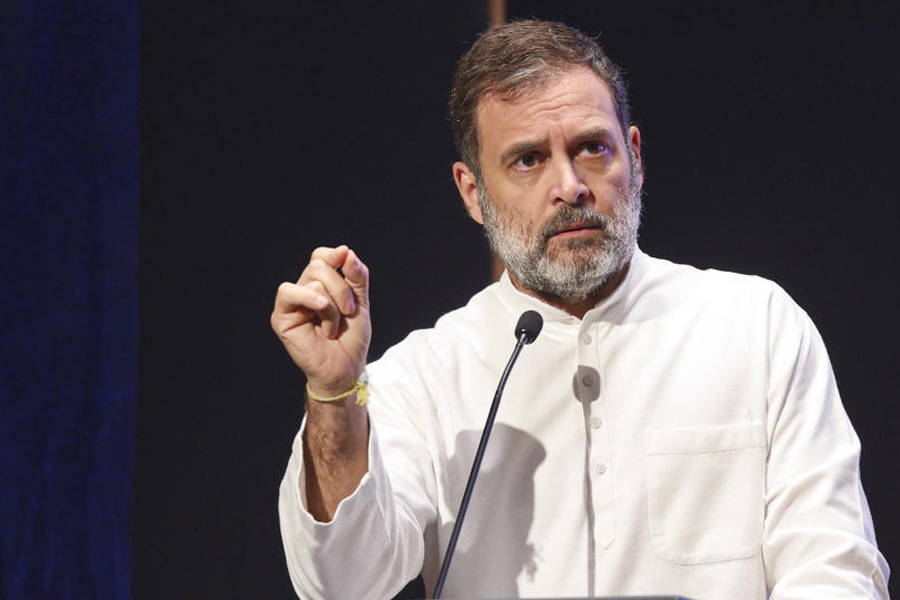Jailed AAP leader Manish Sisodia on Monday sought early hearing of his two curative petitions in the Supreme Court challenging the 2023 verdict of the court denying him bail in the corruption and money laundering cases related to the alleged Delhi excise policy scam.
A bench of Chief Justice DY Chandrachud and Justices JB Pardiwala and Manoj Misra was told by senior advocate Abhishek Singhvi, appearing for Sisodia, that he has been languishing in jail for a year now and sought urgent listing of the curative petitions.
The CJI said, "I have already instructed for listing of the petitions." On December 14, 2023, the top court dismissed Sisodia pleas seeking review of its October 30 verdict dismissing his bail petitions in the corruption and money laundering cases related to the alleged Delhi excise policy scam.
The apex court had denied him bail, saying the allegations by the probe agencies that "windfall gains" of Rs 338 crore was made by a few wholesale distributors was "tentatively supported" by evidence.
Sisodia was arrested by the Central Bureau of Investigation (CBI) on February 26, 2023 for his alleged role in the "scam".
The ED arrested Sisodia in a money-laundering case stemming from the CBI FIR on March 9, 2023 after questioning him in Tihar Jail. Sisodia resigned from the Delhi cabinet on February 28, 2023.
The Delhi government had implemented the new excise policy on November 17, 2021, but scrapped it at the end of September 2022 amid allegations of corruption.
According to the investigating agencies, the profit margin of wholesalers was increased from 5 per cent to 12 per cent under the new policy.
The agencies have alleged that the new policy resulted in cartelisation and those ineligible for liquor licences were favoured for monetary benefits. However, the Delhi government and Sisodia have denied any wrongdoing and said the new policy would have led to an increase in the city government's revenue.
Except for the headline, this story has not been edited by The Telegraph Online staff and has been published from a syndicated feed.

